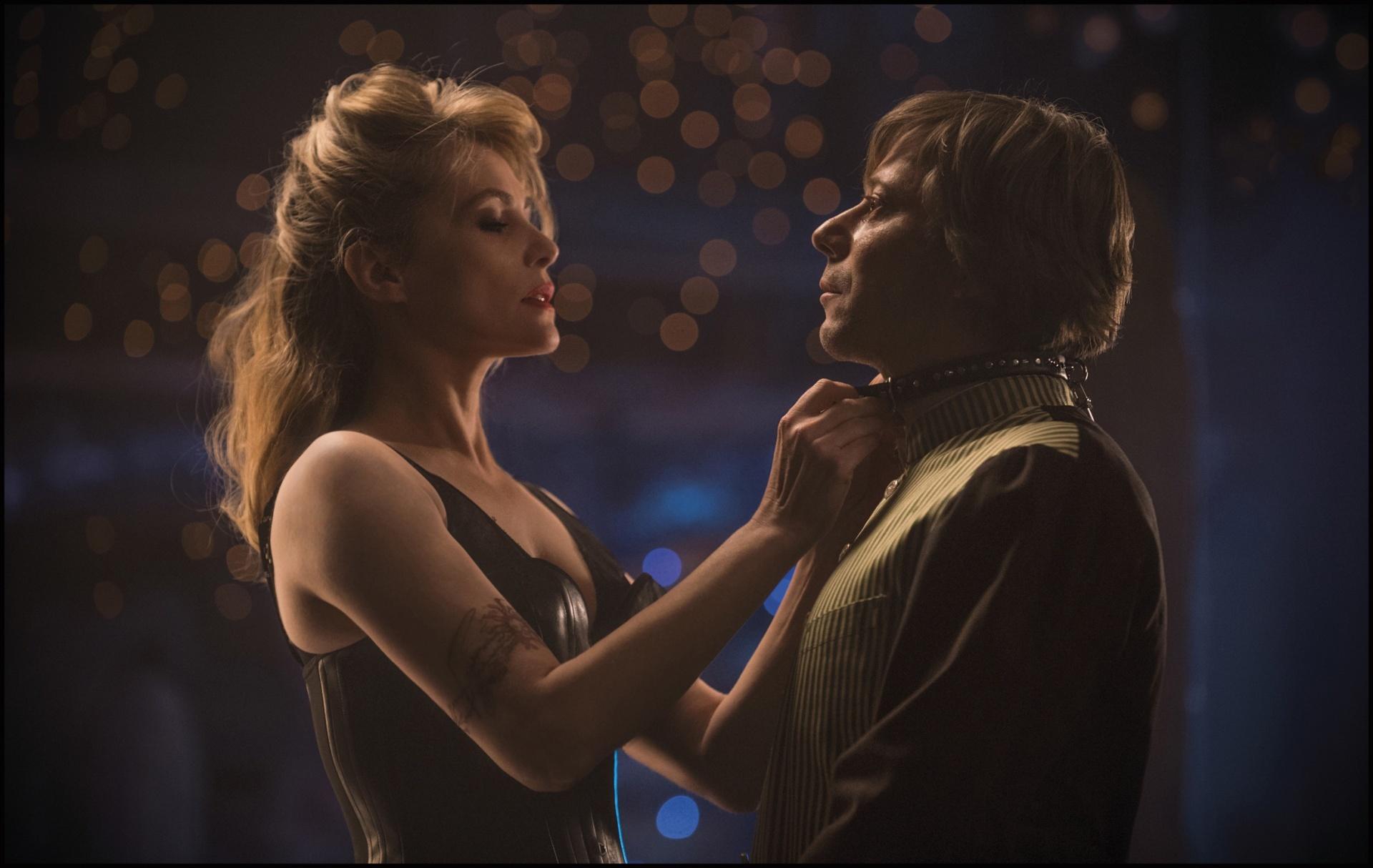Movie Review: Roman Polanski Dominates with ‘Venus in Fur’

At 80, Roman Polanski shows no signs of slowing down. His latest, Venus in Fur, finds him, like his 2011 effort Carnage, adapting a stage play for the screen. Whereas Carnage found Hollywood stars like John C. Reilly and Kate Winslet taking on roles, he wasn’t quite able to make a case for translating to the big screen. With Venus in Fur, Polanski makes his case with aplomb. With only two actors — Mathieu Amalric and Emmanuelle Seigner (Polanski’s wife) — Polanski crafts a film that’s engaging, complex, and, most important, entertaining.
Like Darren Aronofsky’s Black Swan, Venus in Fur is, at its core, about the staging of a play, the plot of which begins to intertwine with the film itself. In this case, it’s a staging of Leopold von Sacher-Masoch’s 1870 novel “Venus in Furs.” Highly controversial, the novel — and the author’s name — publicized sado-masochism. The play was written, and being directed, by Thomas Novacheck (Amalric), who is shown stressing over the amount of teeny boppers he had to audition for the leading role. As he’s about to leave the theater, actress Vanda Jourdain (Seigner), comes bumbling in requesting an audition.
It begins familiar enough with Novacheck uninterested in the seemingly vapid Seigner. But her persistence gives way to his resigned will. Seigner is simply fantastic as Vanda, as Novachek’s initial reaction to her airheadedness is exactly how the audience will react to her. There appears to be some sort of spark in her, but she comes off as so scatterbrained, unprofessional, and, frankly, somewhat annoying, that it seems impossible she could actually act. Once Novacheck does allow her to audition, he’s astonished at her transformation, just as the audience will be.
The novel, and therefore play, deals with a man’s signing a contract to be a woman’s slave. His ultimate wish is for her to dominate him, and slowly Vanda begins to dominate Novachek as well. Professing that he can’t act, she eggs him on to read the lead part, applauding and encouraging him to continue. Soon the dialogue between Vanda and Novacheck becomes inextricable from that of the play, and her mysteriousness — how does she have the whole play memorized? where did she come from? — becomes somewhat answered within the text of the play itself.
Of course the entire film rests on the shoulders of Seigner and Amalric, both of whom have a chemistry that keeps the film moving, but they also have an energy that keeps it interesting. Polanski has the eye to frame it, and unlike his staging of Carnage, creates a story that’s engaging to watch as a film. He understands the ensuing power struggle and the complexity of the meta-story. Vanda slowly overtakes the audition and her amazing insights into the play astound, and at times enrage, Novacheck so much that he slowly begins to submit to her. It’s a powerful story that Polanski and his actors nail in its subtleties and enigmas.
Rating: 4 out of 5







